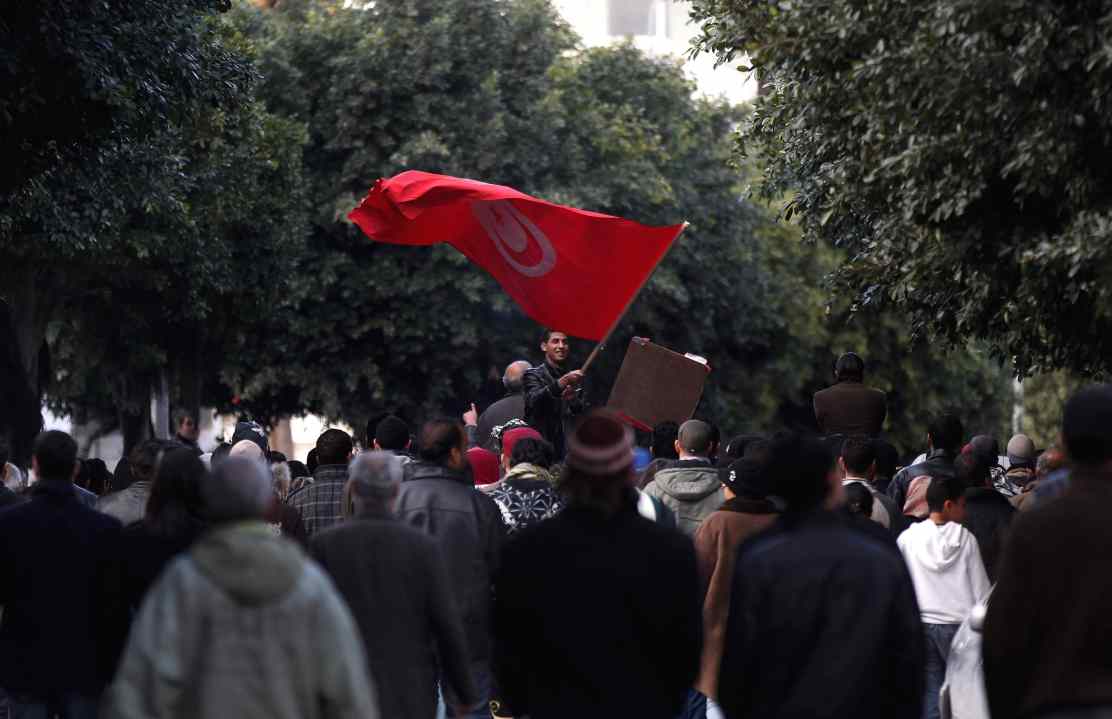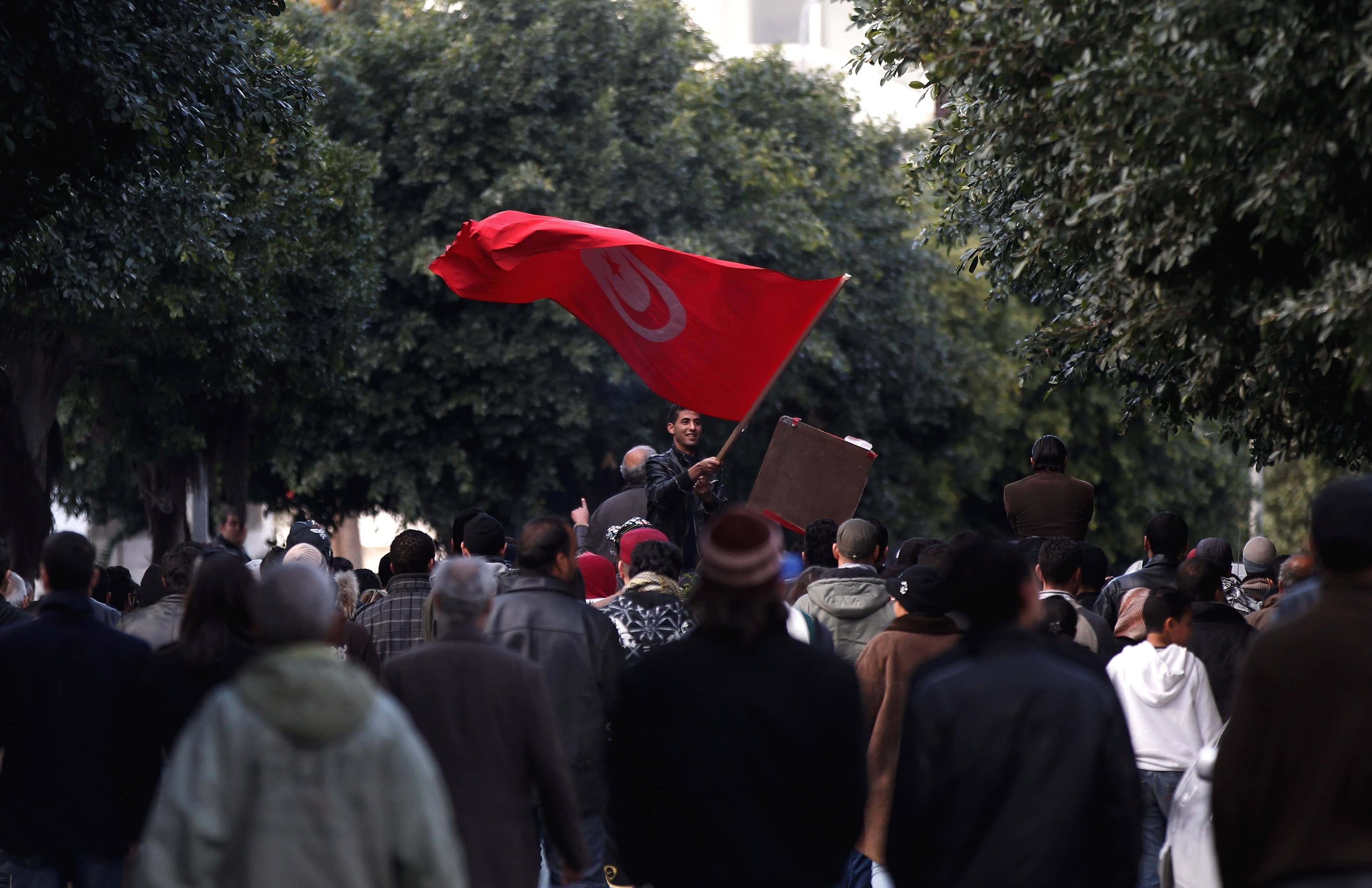‘We swore to defend the constitution,’ shouted the deputy speaker of the Tunisian parliament, to which a young soldier retorted, ‘We swore to defend the fatherland’.
This exchange in front of the locked gates of parliament last month sums up the paradox of Tunisia. President Kais Saied’s decision a few hours earlier to dismiss his government and suspend parliament had enraged the Islamist speaker and his deputy, who sought to enter the building now guarded by armed troops.
Yet tens of thousands from every social class poured into the streets of Tunisian towns and villages, shouting their support for Saied. That support has remained rock solid over a month later, despite the condemnation of what many western commentators called a coup against democracy.
Democracy has taken the form of a souk, a clearing house for deals between different economic and political lobbies
Diplomats in Tunis were mostly caught unaware, having seriously underestimated the tactical skills of the dour, socially conservative law professor.








Comments
Join the debate for just $5 for 3 months
Be part of the conversation with other Spectator readers by getting your first three months for $5.
UNLOCK ACCESS Just $5 for 3 monthsAlready a subscriber? Log in